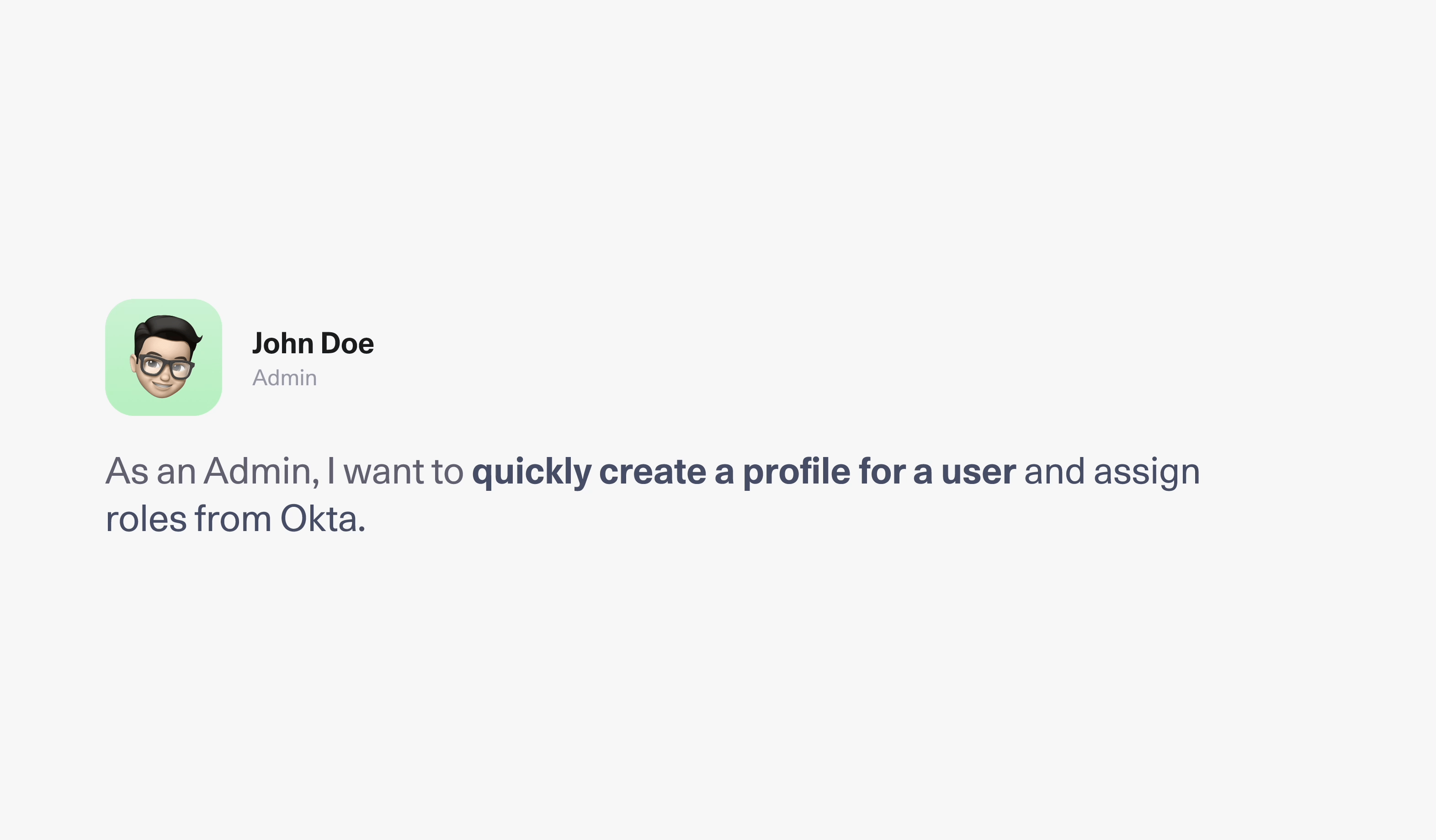Implementing a secure identity and access management program has become imperative for organizations operating in the cloud. Identity management plays a crucial role in preventing data breaches. According to IBM's X-Force Team, overprivileged identities were involved in 99% of analyzed cloud breaches, underscoring the critical nature of this issue. The urgency of this approach is further highlighted by recent statistics.
According to the 2022 ‘Trends in Securing Identities Report by IDSA’, 84% of respondents experienced an identity-related security breach in the previous year. Strikingly, 96% of those affected believed they could have prevented or minimized the breach by implementing identity-focused security measures. These findings emphasize the need for organizations to prioritize robust identity and access management. A recent study by Harvard Business Review (HBR) reported a significant increase in data breaches over the past year, highlighting growing cybersecurity concerns. Furthermore, a Security Intelligence article examining lessons learned from the 2023 Microsoft cloud breach emphasized the critical need for enhanced identity management solutions to protect customer data.
What is SCIM?
System for Cross-domain Identity Management (SCIM) standardizes identity information exchange between entities. This open standard simplifies access management for cloud-based applications.
SCIM's name reflects its purpose:
- System — Common format for identity data exchange
- Cross-domain — Secure communication across platforms
- Identity Management — Automated information flow between IAM (Identity & Access Management) systems and cloud apps
In enterprises, SCIM streamlines account management, reducing IT effort in creating, modifying, and synchronizing employee accounts. It also decreases IT friction by integrating with technologies like single sign-on, simplifying user logins across multiple applications.
What issues do users face with authorizations across tools?
Without SCIM (System for Cross-domain Identity Management), user provisioning often becomes a time-consuming and error-prone manual process. While the identifying information required by apps is fairly standard (e.g., employee names, emails, job titles, and departments), apps often use different formats and processes for this information. For small businesses with few employees and cloud services, manual user provisioning may be manageable. However, for enterprises with hundreds of cloud applications, this process becomes costly, frustrating, and counterproductive.
SCIM addresses this challenge by providing a standard for seamlessly and securely exchanging information between identity providers and cloud apps, making automated provisioning both feasible and safe. This standardization significantly streamlines the user provisioning process, reducing administrative overhead and improving overall efficiency in managing user access across multiple cloud-based applications.
SCIM unlocks Efficiencies for Enterprises
Some efficiencies that SCIM enables are:
- Automatic provisioning of new accounts—new recruits are efficiently given access to the right systems when they join.
- Automatic deprovisioning—when people leave the organization, there’s a centralized way to deactivate their account and app privileges.
- Real Time Sync—when changes are made to accounts, it’s automatically updated everywhere.
- Group provisioning—whole groups of employees can be given access to the apps that they need.
- Governing access—SCIM makes it easier to monitor and audit privileges.

DevRev Simplifies Secure User Management
As we saw above implementing SCIM is crucial for enterprises operations and security but implementing secure user management is often time-consuming. Major companies like Zendesk, Service Cloud, and Slack took nearly a decade to offer this feature. At DevRev, we recognized its importance early on. We have developed a solution in our first 4 years that allows companies to use our platform's full capabilities right from the start. This means easier user setup, better security, and less administrative work for our customers.
DevRev's Rapid SCIM Integration for Enhanced Security and Efficiency

DevRev's SCIM (System for Cross-domain Identity Management) capability streamlines user and group provisioning by automating the creation, updating, and deletion of DevUsers based on changes in identity providers like Okta. This integration ensures that user attributes and group memberships are synchronized in real-time, significantly reducing administrative overhead and improving overall efficiency. By supporting user listing and retrieval with search and filter options, DevRev enhances visibility and management of user accounts. This seamless synchronization and automated provisioning process not only simplifies IT operations but also enhances security by ensuring that only authorized users have access to necessary systems.
While major players in the industry have taken nearly a decade to implement SCIM features fully, DevRev has developed a robust solution within its first four years. This rapid deployment means companies can leverage DevRev's AI native platform capabilities from the start, benefiting from easier user setup, improved security, and reduced administrative workload. Additionally, DevRev’s focus on real-time synchronization and comprehensive audit logging for compliance and security purposes offers a level of operational transparency and efficiency that is unmatched by others.





